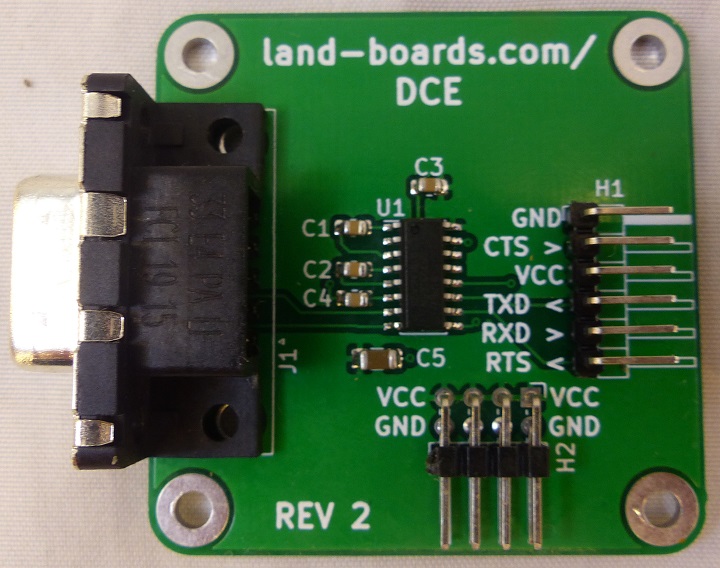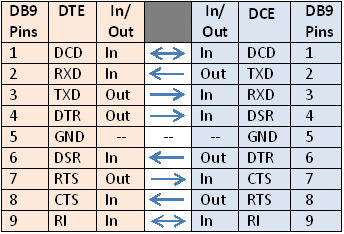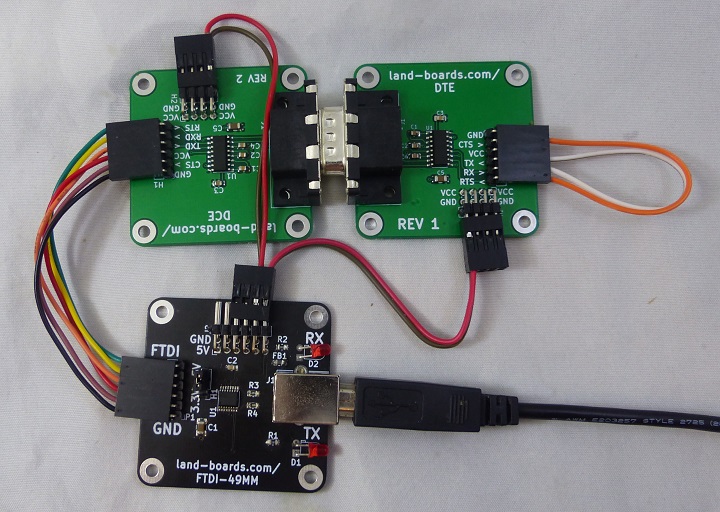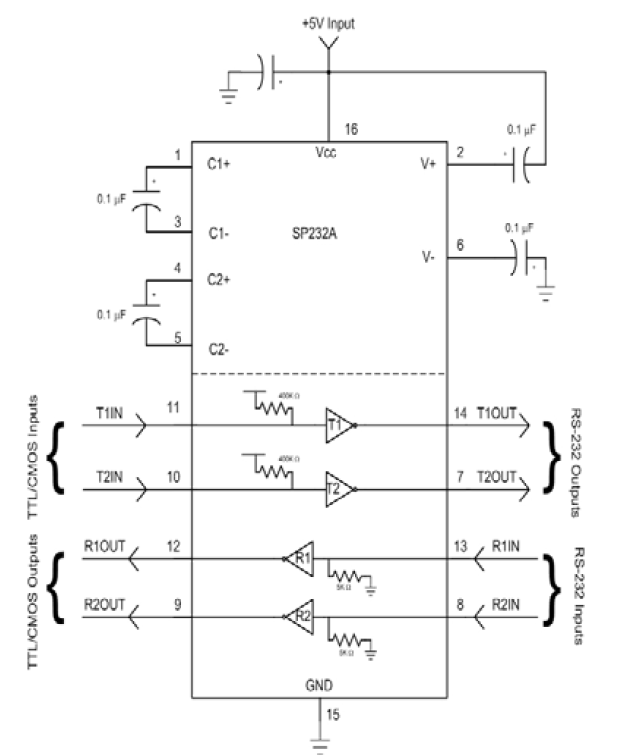Difference between revisions of "DCE"
Jump to navigation
Jump to search
Blwikiadmin (talk | contribs) |
Blwikiadmin (talk | contribs) |
||
| Line 6: | Line 6: | ||
* Female DB-9 connector | * Female DB-9 connector | ||
* FTDI pinout (reversed directions to directly connect to FTDI Interface) | * FTDI pinout (reversed directions to directly connect to FTDI Interface) | ||
| − | * Up to 115,200 baud | + | * Up to 115,200 baud @ 5V |
| + | * Up to 250,000 baud @ 3.3V | ||
* 49x49mm card | * 49x49mm card | ||
* 4x 4-40 holes | * 4x 4-40 holes | ||
Revision as of 15:05, 20 July 2022
Contents
Features
- TTL to RS-232 converter
- Female DB-9 connector
- FTDI pinout (reversed directions to directly connect to FTDI Interface)
- Up to 115,200 baud @ 5V
- Up to 250,000 baud @ 3.3V
- 49x49mm card
- 4x 4-40 holes
DCE - RS-232 to TTL
- The DCE (peripheral) has the female DB-9 connector
- The DTE (PC) has the male DB-9 connector
H1 Connector
- Pins signal directions are reversed from an FTDI card
- Can be directly wired to FTDI connector
Pinout
- GND
- CTS (out)
- VCC (3.3V or 5V)
- TX (in)
- Rx (out)
- RTS (in)
Test Procedure
- FTDI-49MM
- DCE/DTE Cards
- 9 pin connectors plugged together
- FTDI loopback cable
- TX/RX connected
- RTSCTS connected
- USB B cable to PC
- Run PuTTY
- 115,200 baud, RTS/CTS
- Type and it comes back
SP232A Application
- SP232ACN-L is 5V part
- ICL3232IBNZ is 3.3V or 5V part
DTE (reference)
- The DTE (PC) has the male connector



